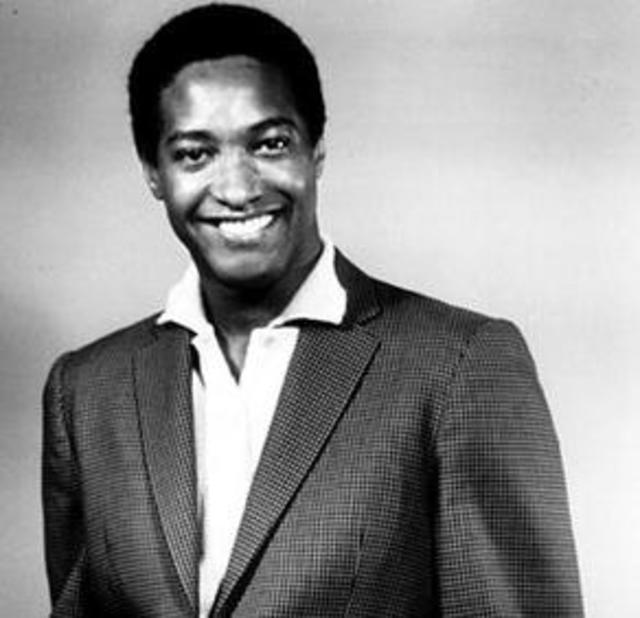Sam Cooke

Sam Cooke (vocals; born January 22, 1931, died December 11, 1964)Considered by many to be the definitive soul singer, Sam Cooke blended sensuality and spirituality, sophistication and soul, movie-idol looks and gospel-singer poise. His warm, confessional voice won him a devoted gospel following as lead singer for the Soul Stirrers and sent "You Send Me," one of his earliest secular recordings, to the top of the pop and R&B charts in 1957. It was the first of 29 Top Forty hits for the Chicago-raised singer, who was one of eight sons born to a Baptist minister.Cooke's career was defined by his early embrace of gospel and his subsequent move into the world of pop music and rhythm & blues. Joining the Soul Stirrers at age fifteen, he served as lead vocalist from 1950-56. He recorded his first pop song, "Lovable," as Dale Cook, choosing the pseudonym so as not to jeopardize his standing within the gospel community. Nonetheless, he'd crossed a line that made it impossible for him to carry on with the Soul Stirrers. Cooke's first solo successes came on the Keen label, for which he recorded "You Send Me," "(I Love You) For Sentimental Reasons" and "Wonderful World," among others. In 1960 Cooke signed with RCA, where his hits included "Chain Gang," "Cupid," "Another Saturday Night" and "Twistin' the Night Away." A versatile singer who never really settled on a style, Cooke tackled everything from sophisticated balladry and lighthearted pop to finger-popping rock and roll and raw, raspy rhythm & blues.In addition to being a performer, Cooke established himself as a successful and even groundbreaking black entrepreneur operating within the mainstream music industry. Cooke produced records for other singers, founded his own publishing company (Kags Music) and launched a record label (Sar/Derby). He also helped such fellow artists as Bobby Womack, Johnnie Taylor, Billy Preston and Lou Rawls make the transition from gospel to pop. Tragically, Cooke was shot to death at a Los Angeles motel on December 11th, 1964, under mysterious circumstances. RCA posthumously issued "Shake" b/w "A Change Is Gonna Come." Regarded as one of the greatest singles of the modern era, it matched a hard-hitting R&B number (later cut by Otis Redding) with a haunting song about faith and reckoning that returned Cooke's voice to its familiar gospel home.